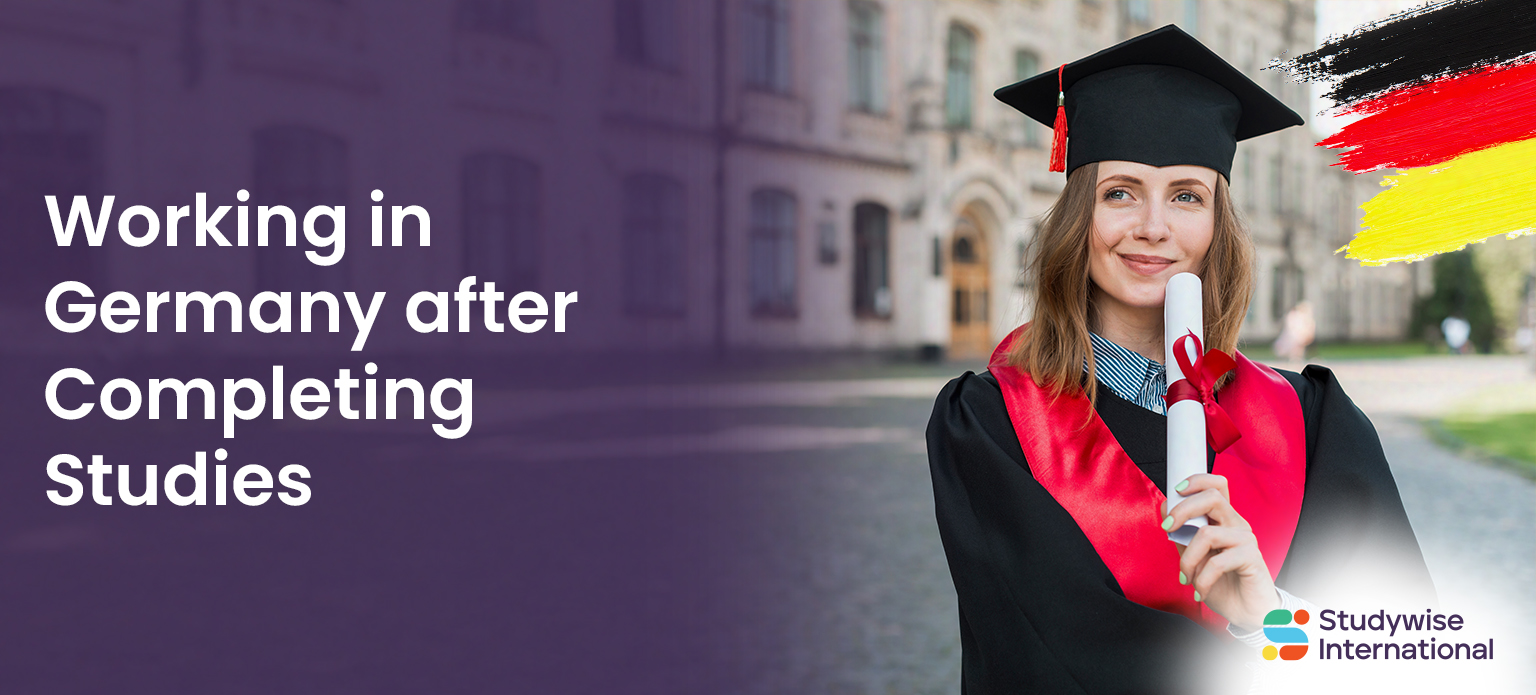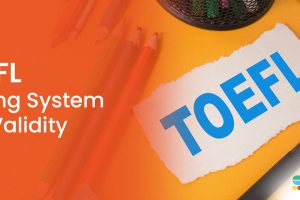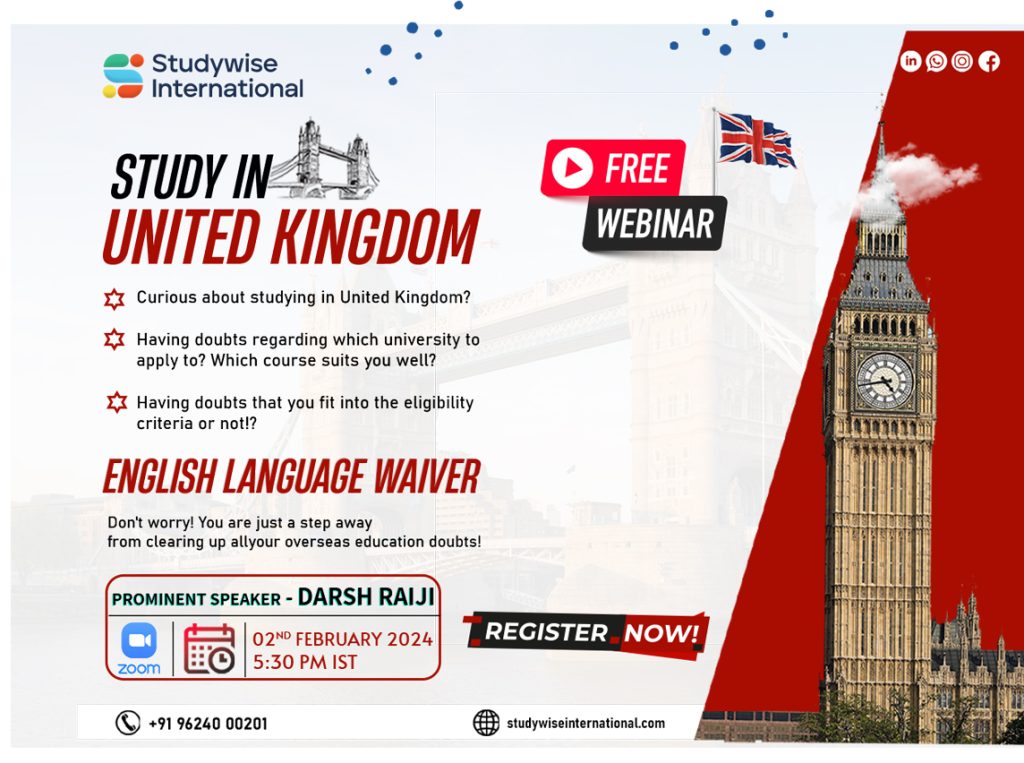
Working in Germany after Completing Studies
- Categories All Study in Abroad Blogs, Study in Germany, Studying Abroad
- Date June 21, 2024
Studying in Germany is a dream for many. Back by its high-end life, multiculturalism and quality healthcare, it is an advanced place to explore possibilities. As the country’s evolves with its innovation and technologies, it hosts great learning opportunities for students at all levels. Not only that, it is also a leading choice for graduates aspiring to work or settle abroad. In fact, Germany has been the 5th most favoured destination globally for many years now. Not only does it offer competitive pay against most countries but it also upholds strong work ethics through all its segments. The country has a very low employment rate. It also encourages skilled workers from varying countries and cultures.
Germany has classified different types of visas for students, workers and immigrants for most countries. As an Indian, we can work in Germany without restrictions as long as we hold a relevant visa. Furthermore, the student visa and work visa are the gateway to Permanent Residency (PR) in Germany. For someone enrolled at a German university, the pathway gets clearer and clearer. The PR acts as a catalyst for social security numbers and better credit ratings. Not only do these make finances simpler but also provide easy aid in times of need. One can apply for the PR if they have worked or lived in Germany with a visa for at least 4 years. This includes self-employment or working under a registered organisation in Germany.
In this blog, we will delve into the different types of visas with regard to job seekers in Germany.
Completing Education at a German University
The Study Permit allows international students to enrol to accredited universities within Germany. Germany has about 170 universities and colleges scattered throughout the country. International students enrolled in German universities can choose to benefit from city life or live comfortably in the countryside. As they graduate, they can seize the opportunity to take charge in one of the world’s most booming economies. Notably, they need to obtain a Job Seeker’s Permit after completing their course to find a relevant job in their field for up to 18 months. During this time, they can explore their choices and chances in more than 5.25M registered companies in Germany. However, they need to provide proof of their job search and financial status to obtain this permit.
Read more: Study Medicine in Germany
Working in Germany with/without a German Degree
Germany is the 4th largest economy in the world. Skilled workers can obtain a job in the ever-glowing land of innovation and growth with an Employment Residence Permit. Not only students who have graduated from German universities but also those with a recognised degree from an international university can avail of this stature. However, they need to match the eligibility and requirements set by the German authorities. First, the applicant must have a concrete job offer from a registered company in Germany. Secondly, he should either be a highly qualified professional or an intra-corporate transferee. In either case, they must have the special technical knowledge required for the job role. Apart from these, the country also promotes teaching professionals and researchers.
Alternatively, one can apply for a Freelancer Visa to work independently or on projects. Applicants can obtain this 3-month valid visa to work independently in Germany in Law, Health, Marketing and more. While the visa is renewable, it needs the visa holder to provide proof of their authenticity and credibility on some strict grounds. If they haven’t been able to secure quality projects or clients, they are labelled ineligible for the extension and will be deported. However, if they succeed in their field or establish a business, they can extend the visa for up to 3 years. After this, they can apply for a settlement visa.
Read more: Top Cities to Study in Germany
Permanent Residence Permit
Residents who have lived and worked in Germany for 4 years or more can apply for the Permanent Residency. While the country avails PR to spouses and families, they need to be linked with the PR holder for at least 3 years. Once eligible, the applicant must prove their employment, financial status and resources, and German proficiency to settle in. The international students have it easier. They can apply for the PR with their German degree and 2-year work permit. However, getting a PR is no game. It is a vigorous, and quite frankly, tedious process. It involves a series of tests, from the language proficiency test to the ‘Life in Germany’ test.
The first step to PR is submitting an Antrag auf Erteilung der Niederlassungserlaubnis (settlement permit). The main documents required are valid passport, 35mm x 45mm biometric photos and academic and financial records. Financial stability is a crucial criteria for the German PR. Hence, the applicant must provide their employment contract coupled with the proof of maintenance funds and attested bank statements. The contract must specify that the individual with be earning about the salary bar set by the government and can withhold a decent lifestyle without using the public funds. They further need to provide the proof of housing in a safe and friendly neighbourhood. This includes the lease agreement, certificate of registration of address and proof of contributions to social security funds.
Have a query? Connect with Studywise International for a FREE CONSULTATION today!
You may also like

Ireland Intake 2024-25: Universities & Preparation Timeline

TOEFL Scoring System and Validity


